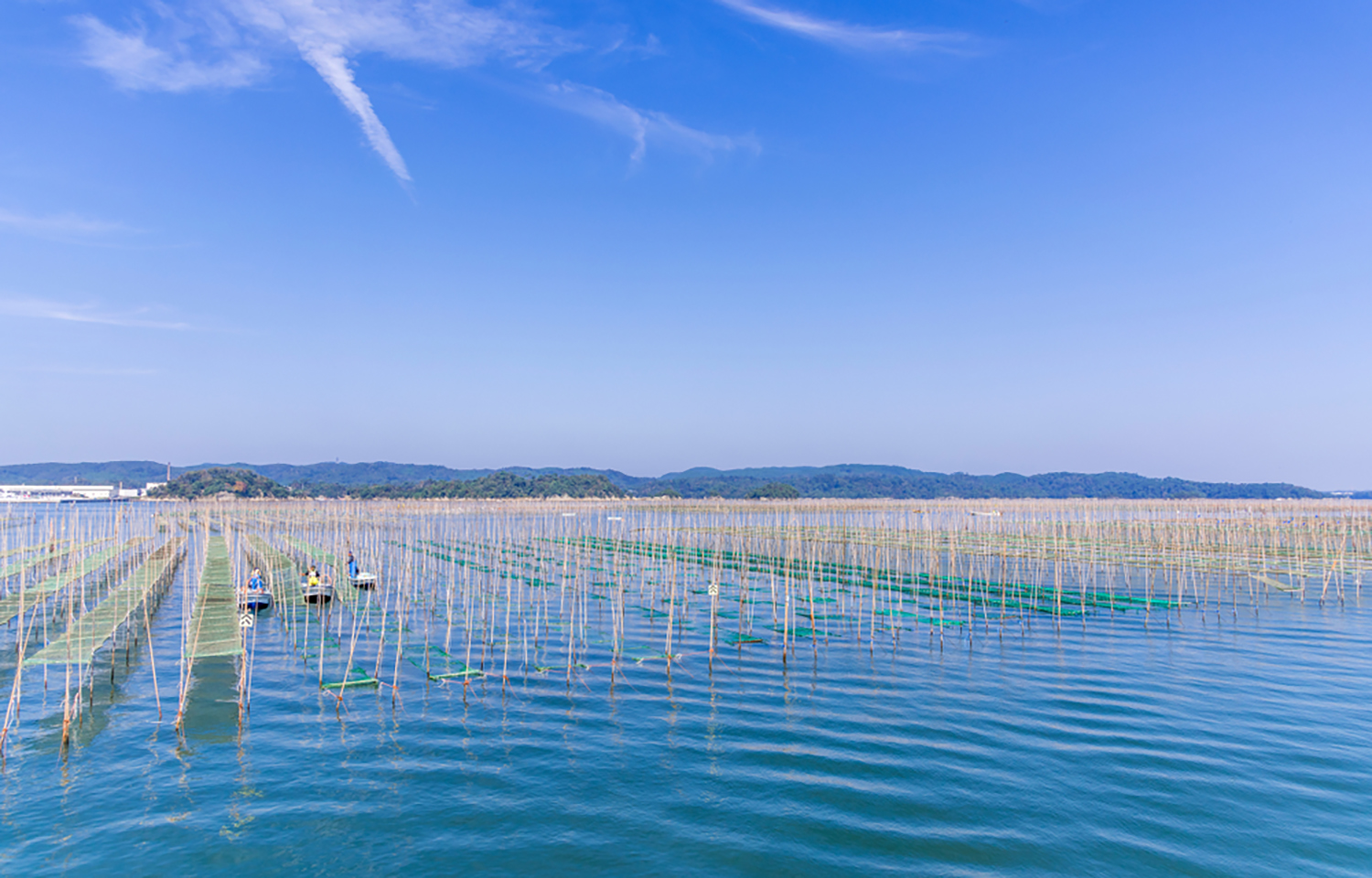A change to Japan’s national fisheries law has granted aquaculture site access to corporations in certain instances, worrying members of local fishing cooperatives who fear these large businesses will take over sites previously reserved for them and reduce their status to mere employees instead of owner-operators.
The “Act on Partial Revision of the Fisheries Law” was passed in December 2018 and entered into effect a year later with the original intention of injecting capital into the industry while allowing new entrants to support the sector’s aging workforce.
However, the change also introduced tight rules on who could join fishery cooperatives and has now allowed authorities, such as prefectural governors, to determine whether an aquaculture site is being used in an “appropriate and effective” manner. If these authorities deem a site is mismanaged, its use can be granted to a corporation or individual rather than a cooperative.
The vague definition of “appropriate and effective” has led to unease among the nation’s cooperative members.
To address the concerns of local cooperative leaders, Hideaki Yamaguchi, the director general of Japan’s Fisheries Agency, held an opinion exchange online with the National Fisheries Youth Federation.
“I would like to make it possible for young fishermen who are working hard to share and use vacant fish-farming grounds,” Masahiko Hirako, who is a member of the federation and a scallop and sea squirt farmer in Japan’s northern Iwate Prefecture, said during the meeting, epitomizing the concerns of the federation.
Further attempting to clarify the new rules, the Fisheries Agency released a guide and some example cases outlining specific conditions under which a cooperative might lose access to a site.
Causes for an authority to shift access toward a corporation include when a site impedes the activities of other fishermen, causes deterioration of the marine environment, or leaves a part of an assigned area unused without a reasonable cause. The latter case may entail a cooperation squatting on the rights to an area in order to hold it for future use or block others from using it.
Another case where authorities may reassign rights to a site is when another use has high potential to increase production and contribute more to the development of the local fishing industry, such as through securing more employment opportunities.
Nevertheless, if a rights-holder who is making “appropriate and effective” use of the related aquaculture ground applies for renewal of an expiring right, it should be granted – in principle.
So far, though, most cases of corporations securing aquaculture rights have occurred when an existing operator went out of business. In such cases, authorities placing a site under corporate control typically offers financial stability to the failing operation while safeguarding employment for those who work there.
While offering better guarantees of financial and employment security, this process has still left cooperative members wary.
The government said it plans to find a middle ground in which it matches new entrants into the sector with open aquaculture grounds and conducts a survey through co-op collaboration to establish future plans for fishing grounds.
For private companies looking to enter the space, interactions with fishery cooperatives have been essential for expediting the process, particularly regarding local coordination and use of facilities like docks. Other conditions that smoothed entry were employment of local residents and general interactions with local residents and the community at large.
Many companies, though, have complained that the contact point for negotiations with cooperatives was often unclear, with cooperatives usually expecting “cooperation money” from new entrants, the amounts of which have been opaque.
Despite the local and national politics at play, prefectures that actively welcome investment and where executives of local fishing cooperatives responded quickly were most likely to attract new entrants and begin operating an available aquaculture site quickly.








